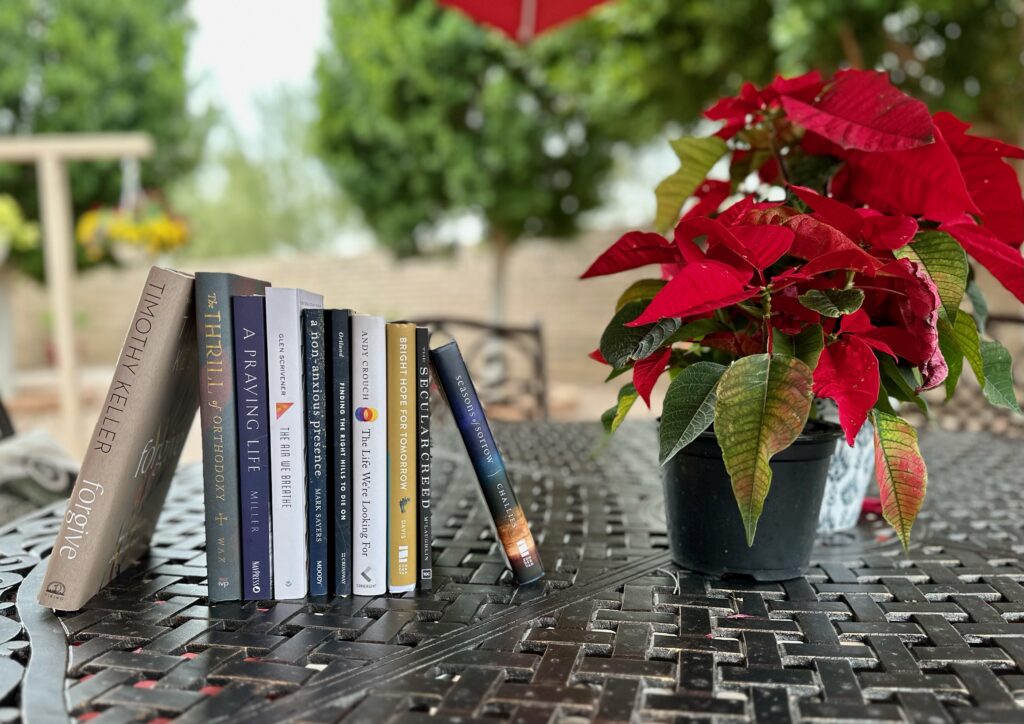
If you are not in the habit of reading books throughout the year, I would encourage you to pick up this discipline. Love of reading begins, many times, with discipline. Discipline practiced, over time, leads often to greater enjoyment (just like so many other areas in life). What was once hard and arduous, slowly becomes easier and more enjoyable the longer we practice it.
40+ years ago I was encouraged by several pastors and leaders who were investing in me to make it a habit of reading two to four books a month (25 to 50 a year). Outside of Scripture and the godly people who invested in my life over the years, it is the books I have read that have most deeply impacted and influenced me.
In our internet-saturated, social-media-obsessed, TV-streaming culture, reading good books and thinking deeply about them is becoming a lost art. And I think we are poorer because of it.
I heard someone once say, “I don’t read books. I read paragraphs.”
Meaning, if you read enough paragraphs, you’ll end up reading a chapter. And if you read enough chapters, you will end up reading a book.
If you are not in the habit of regular reading, I would encourage you to set a goal this year to read six to 12 books (one book every month to two months). If an average book was 300 pages, reading just 5 pages a day would lead to reading one book every two months. 10 pages a day? One book every month. 12 books a year. Just start with a paragraph.
Let me add (as I have said so often in the past), Scripture needs to be our regular, daily, and primary focus of reading (or listening).
If you need ideas for reading through Scripture this year, here are two sources that I have written about in the past:
With that said, here are my Top 10 books from 2022. Instead of giving you a full “back-cover” synopsis, I will simply give a few brief thoughts of my own about each book. You can follow the links to each book to read the full publisher’s summary.
Enjoy!
#10 – The Life We’re Looking For by Andy Crouch
Andy’s diagnosis of our current culture and how technology plays into who we have become is once again profound. He deals very clearly with the harm technology has done to damage the deepest and most vulnerable longings of our hearts.
Far from being an “anti-technology book,” Andy is for a constant reassessment and reevaluation of how we use it – for our good and the good of our neighbors.
The first five pages of Chapter One sketch a profoundly impacting picture that you won’t forget. It will give you an image that you can relate to in both a deep and personal way.
#9 – Seasons of Sorrow by Tim Challies
Tim tells the story of suddenly losing his 20-year-old son, Nick, who was a student in seminary and studying to be a pastor. The shock, grief, pain and resulting questions that accompany such an event are all processed. With excellent writing, Tim walks the reader through the 12 months following his son’s death – Fall, Winter, Spring and Summer.
I believe (and have taught over the years) that it is best for us to learn about pain, suffering, and grief before we actually go through it… so that when suffering and sorrow do come, we are better prepared (though we can never be fully prepared).
Everyone experiences pain and suffering sometime in life this side of heaven. Tim is a reliable guide in helping lead us through those “seasons of sorrow.”
#8 – A Praying Life by Paul E. Miller
Let me just say this: I’ve read dozens of books on prayer over the years – and many great ones – but this one is probably my favorite (alongside Tim Keller’s 300+ page book on prayer).
From the book: “Prayer is asking God to incarnate, to get dirty in your life. Yes, the eternal God scrubs floors. For sure we know he washes feet. So take Jesus at his word. Ask him. Tell him what you want. Get dirty. Write out your prayer requests; don’t mindlessly drift through life on the American narcotic of busyness. If you try to seize the day, the day will eventually break you. Seize the corner of his garment and don’t let go until he blesses you. He will reshape the day.”
#7 – Finding the Right Hills to Die On by Gavin Ortlund
How do we continue to truly love one another and stay on mission for Christ together even when we have different views of nonessential doctrines?
In my earliest years of ministry (back before the automobile), I died on far too many theological hills.
When I was a young 21-year-old, I heard Dr. Joseph C. Aldrich (former president of Multnomah School of the Bible) say, “You know, all of us are going to get to heaven and realize that we were wrong in some area of our theology.” I remember sitting there stunned, thinking, “Well, maybe you and these other people sitting around me, but surely not me.”
The longer I’m in ministry and the more Christians I meet from around the world, the more I see the need for gracious biblical wisdom about what theological “hills” are worth dying on and which ones are not. Ortlund provides a great service in this book for the entire body of Christ.
He makes it clear: there are hills worth dying on. And there are others that are not. But what hills are they? And how can we decide? Which doctrines rank first, second, third and fourth?
Very clear, easy-to-read book.
#6 – A Non-Anxious Presence by Mark Sayers
Sayers writes that if the church is to have the greatest impact upon our rapidly changing world, it will be because we (of all people on earth) provide a ‘non-anxious presence’ in a world filled with anxiety and fear. And he tells us how we can do it.
From the publisher: “For much of recent history, individuals and institutions could plan, execute, and flourish with their visions of a better world. Volatile, complex forces could be addressed and confronted with planning and management. But crisis is a great revealer. It knocks us off our thrones. It uncovers the weaknesses in our strategies and brings to light our myths and idols. Our past strategies run aground, smashed by unpredictable and chaotic waves.
“Yet in the midst of the chaos of a crisis comes opportunity. The history of the church tells us that crisis always precedes renewal, and the framework of renewal offers us new ways forward. A Non-Anxious Presence shows how that renewal happens and offers churches and leaders strategic ways to awaken the church and see our culture changed for Christ.”
#5 – Bright Hope for Tomorrow by Chris Davis
This book by Chris Davis was such a breath of fresh air. Rather than spending our time debating whether a person is pre-, post- or a-mil, I think the body of Christ would be far better served by all of us anticipating and focusing our attention upon the reality of the second coming of Christ (which we all agree on). How does focusing one’s attention upon Christ’s return give us strength, resilience and joy for today?
Pastor Chris Davis fleshes this out in a very clear, practical and beautiful way.
From the publisher: “In Bright Hope for Tomorrow, pastor Chris Davis points the way forward. Exploring the return of Jesus on the terms of the New Testament letters, this book looks at portraits of Jesus’ appearing, rhythms necessary to maintain expectancy (including gathering, fasting, and resting), and the practical transformation such anticipation effects. Bright Hope for Tomorrow is not the next new thing. Rather, it is a recovery of what has been lost by end-times studies that have veered into peripheral concerns. Join this return to the gospel center: Christ has died, Christ is risen, Christ will come again.”
#4 – The Secular Creed by Rebecca McLaughlin
McLaughlin is becoming one of the best young apologetic writers in our day. In this short little book, she deals with five current and common secular ‘creeds.’ She deals with five well-known phrases that we regularly hear, such as: 1) Black Lives Matter, 2) Love is Love, 3) The Gay-Rights Movement Is the New Civil-Rights Movement, 4) Women’s Rights Are Human Rights, and 5) Transgender Women Are Women.
How do you engage biblically, wisely, graciously, and compassionately with our neighbors who hold to many of these ‘creeds’?
McLaughlin helps to disentangle the beliefs that Christians gladly affirm from those that they cannot embrace.
#3 – The Air We Breathe by Glen Scrivener
In this book, Scrivener powerfully demonstrates how Christianity has shaped our Western values so much that we don’t even notice it. Christian values are the ‘air we breathe.’ Or to switch metaphors, they are the ‘water we swim in.’ Most people, even Christians, are not aware of this.
This is a book that I highly recommend for skeptics, inquirers, believers and anyone else who may be wondering whether following Jesus still makes sense in our modern world.
#2 – The Thrill of Orthodoxy by Trevin Wax
In this book, Trevin turns the tables on those who believe Christian teaching is narrow and outdated. By returning to the great creeds of Christendom, he explains what orthodoxy is and why we can have a proper confidence in it.
He also deals with common ways that we can stray from orthodoxy and how to protect ourselves from following that path.
As theologian Michael F. Bird said, “Wax shows that traditional orthodox Christianity… is a tried and tested alternative to the faddish and fragmentary fakes that masquerade as Christianity in some places. Trevin is not pushing dry doctrine but passing on fresh fire that is thousands of years old.”
#1 – Forgive by Timothy Keller
I have three entire shelves in my library just on the topic of forgiveness in personal relationships. Why? You cannot pastor for 25 years and then ‘pastor pastors’ for another 18 and not have to regularly deal with interpersonal conflict, unforgiveness and broken relationships. This book by Tim Keller is the best, most comprehensive treatment of the issue of forgiveness that I have ever read.
It is surgically focused on the current cultural moment in which we find ourselves, where forgiveness is seen by many as an outdated concept. We live in a world where canceling, ghosting and insults are the new norm.
How do we not let those that have hurt us (and we all have a list of people that have hurt us – knowingly or unknowing) turn us into wraiths… walking ghosts, hollow and bitter?
Tim provides a very clear case that is both biblical and relevant to our current cultural moment.
As many of you know, anything Tim Keller writes, I read. He is profoundly biblical and culturally insightful.
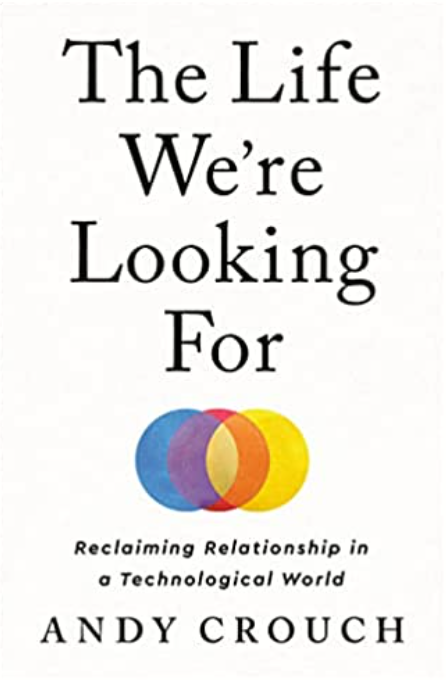
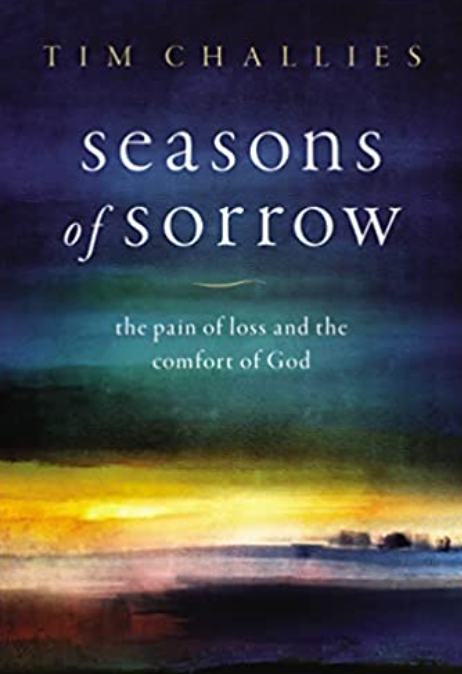
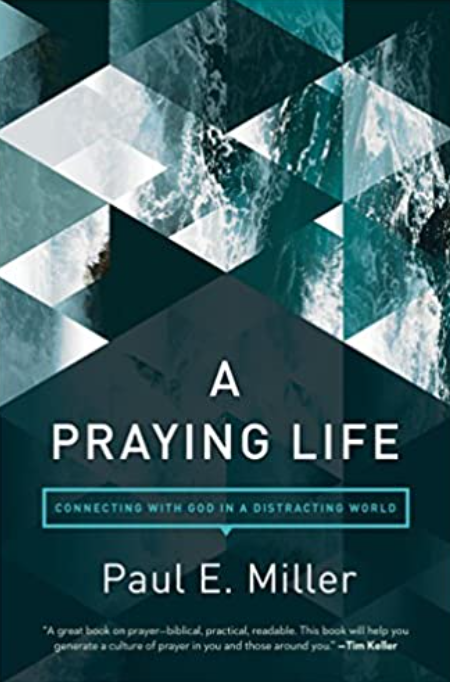
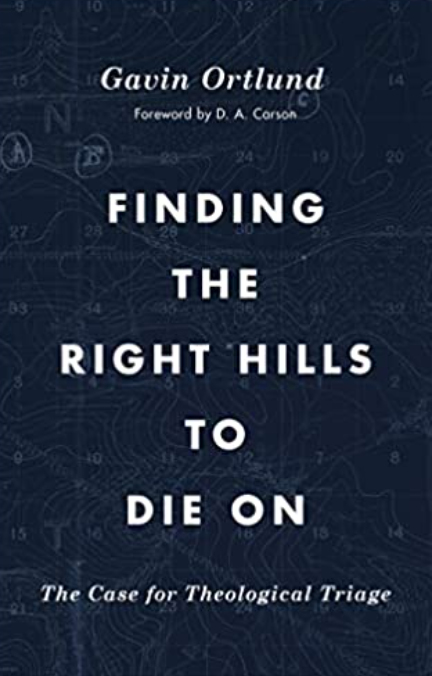
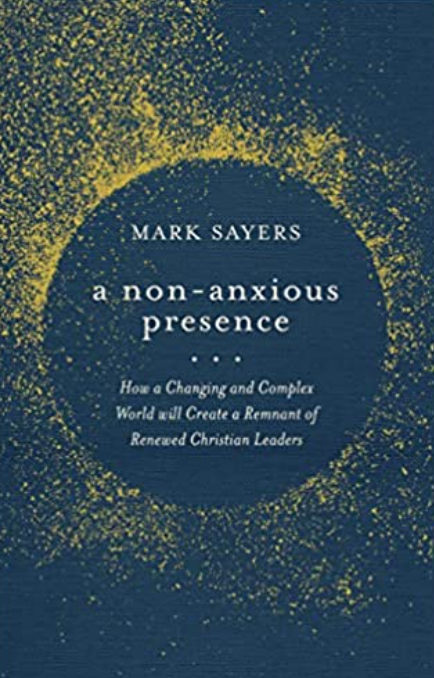
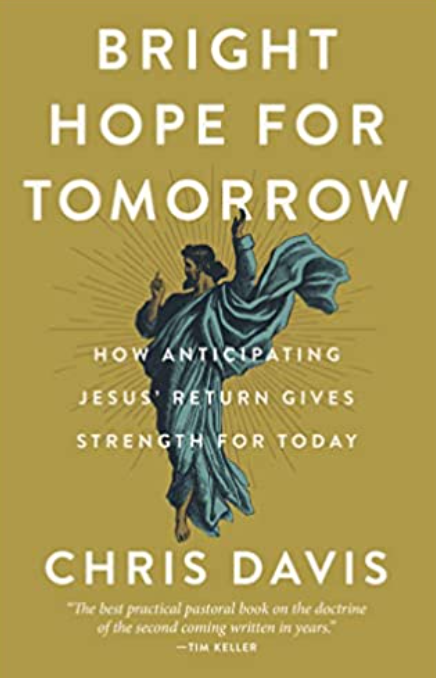
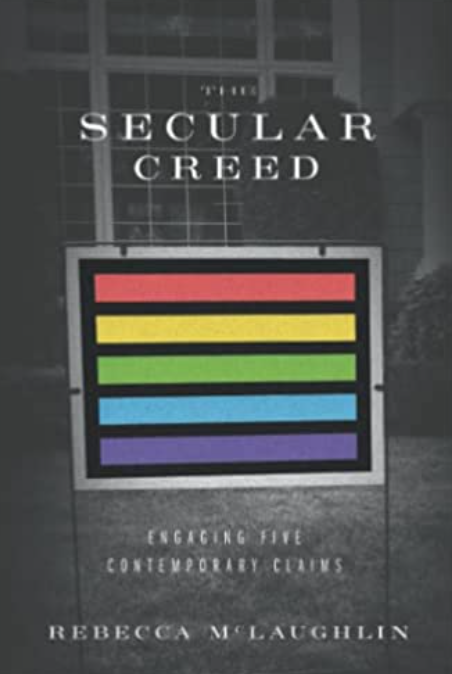
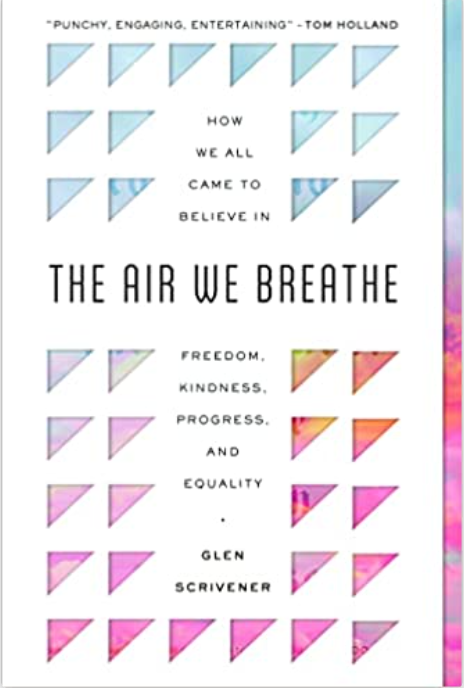
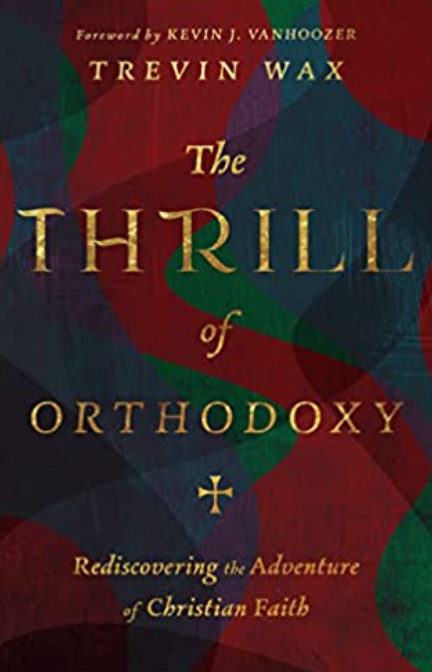
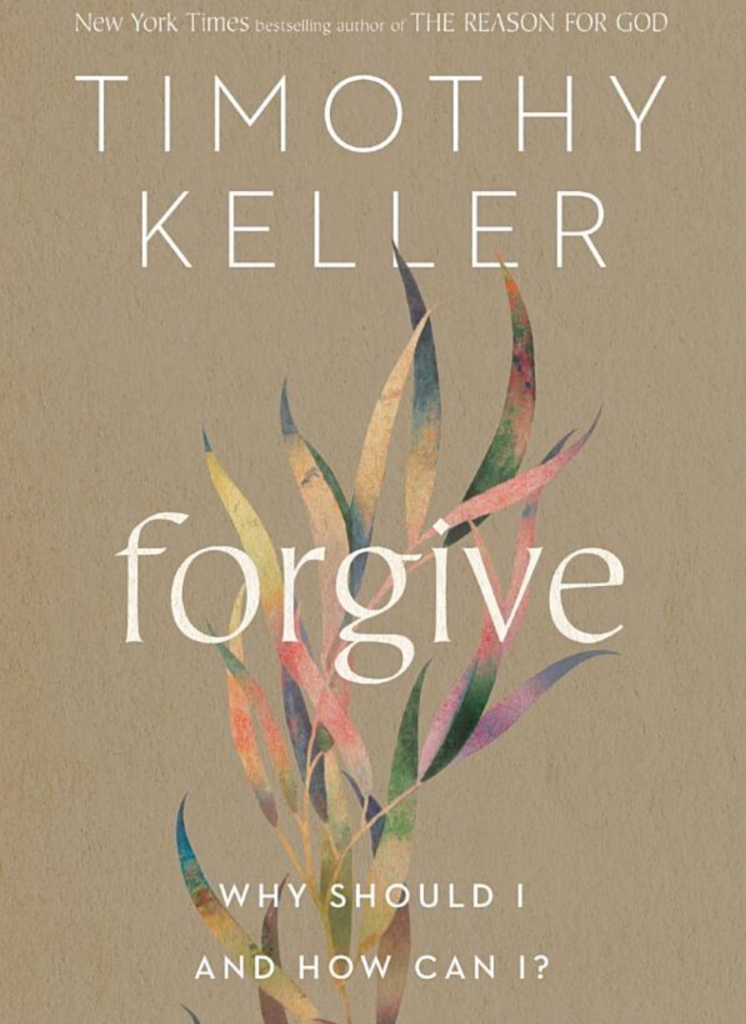
Leave a Reply